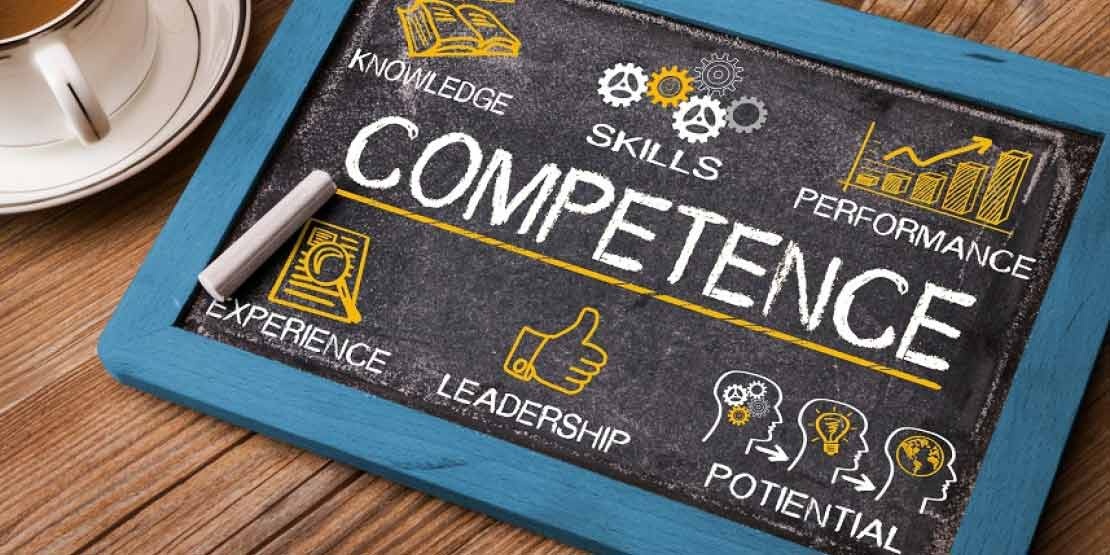Now that digital transformation is in full swing, the procurement landscape is changing and the role is becoming increasingly complex. Buyers need to inspire innovation and drive profits, while securing their role as an expert in their field.
To meet these new challenges, procurement officers need to develop new skills, ranging from interpersonal skills to a passion for all things digital.
A learning curve for procurement officers
According to The Deloitte Global Chief Procurement Officer Survey 2018, procurement departments are investing in technical, behavioural and digital training:
- Technical skills, such as negotiation or strategic sourcing, are now a priority for 41% of survey respondents.
- Soft skills make up 36% of planned training sessions for procurement officers this year. This includes conflict management, partnership management, collaboration skills etc.
- Digital skills come in third place, with 16% of planned training sessions; a figure which should increase in coming years. Digital skills focus predominately on predictive analytics and big data.
New soft skills or interpersonal skills
You've probably already read or heard that soft skills have become absolutely essential. In a rapidly changing environment, technical knowledge may become obsolete; however, an employee's mind set will not. In a study conducted by Robert Half, soft skills are just as, if not more, important than hard skills for 52% of HR directors.
The French report, L’acheteur indirect cost killer est mort, vive l’acheteur business partner (The cost-killing indirect buyer is dead, make way for the business partner buyer [In French]), edited by Kimoce, highlights how the buying profession is changing and how new skills are required:
- Influence
Richard Calvi, Director of the Procurement and Logistics master's course at IAE Savoie Mont Blanc University (France), explains that indirect buyers must convince internal customers and suppliers that their propositions are relevant. In particular, this requires empathy, transparency and modesty.
- Communication
Promoting procurement and its performance both internally and externally is essential. To do this, the correct terminology needs to be used. According to Jean Potage, Head of the Quality and Procurement master's course at Versailles Saint-Quentin-en-Yvelines University (France), the words "conquer", "overcome" or even "reduce costs" should be banned. Active listening and valuing the person you are speaking to is much more effective.
- Agility and flexibility
Faced with new challenges, buyers should promote an interdisciplinary environment in terms of knowledge and expertise. Buyers must also be able to adapt to changes, and take a curious and open-minded approach.
- Initiative and entrepreneurial spirit
Demonstrating willingness, motivation and a vision for projects and objectives will allow buyers to tackle anything, both internally and externally, in order to adapt and capitalise on the company's transformation.
- Creativity
Taking a fresh and innovative approach is the new challenge for buyers, who must once again adapt to changes in their profession. As a result, being open-minded and adaptable is vital.
New digital skills
In addition to technical skills and interpersonal skills, the digital transformation of companies also creates a new requirement: digital skills. Experts agree on the vast majority of these skills. However, we will focus on the two major ones below:
- Become a tech expert
The constantly changing environment means that procurement officers need to be enthusiastic. However, above all, they need to be willing to constantly learn about and introduce new technologies.
- Take on the role of IT coordinator
With the arrival of complex technologies on the market, buyers need to be able to select and effectively coordinate the correct tools to be able to capitalise on the information obtained.
Digital transformation is indeed changing procurement, but will ultimately present more opportunities than risks. The possibilities are very exciting — procurement is moving into a more strategic position and is becoming a source of value creation.









